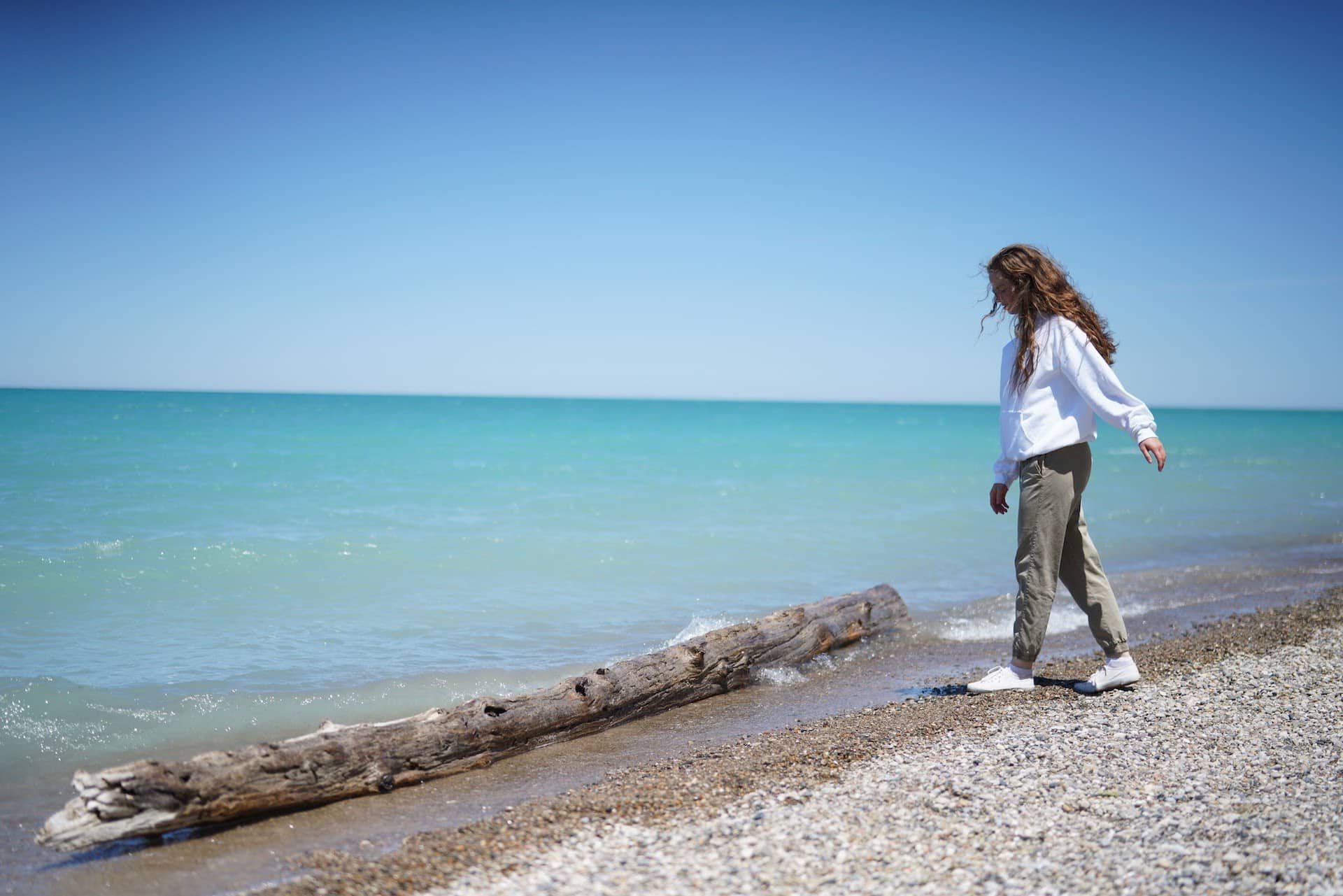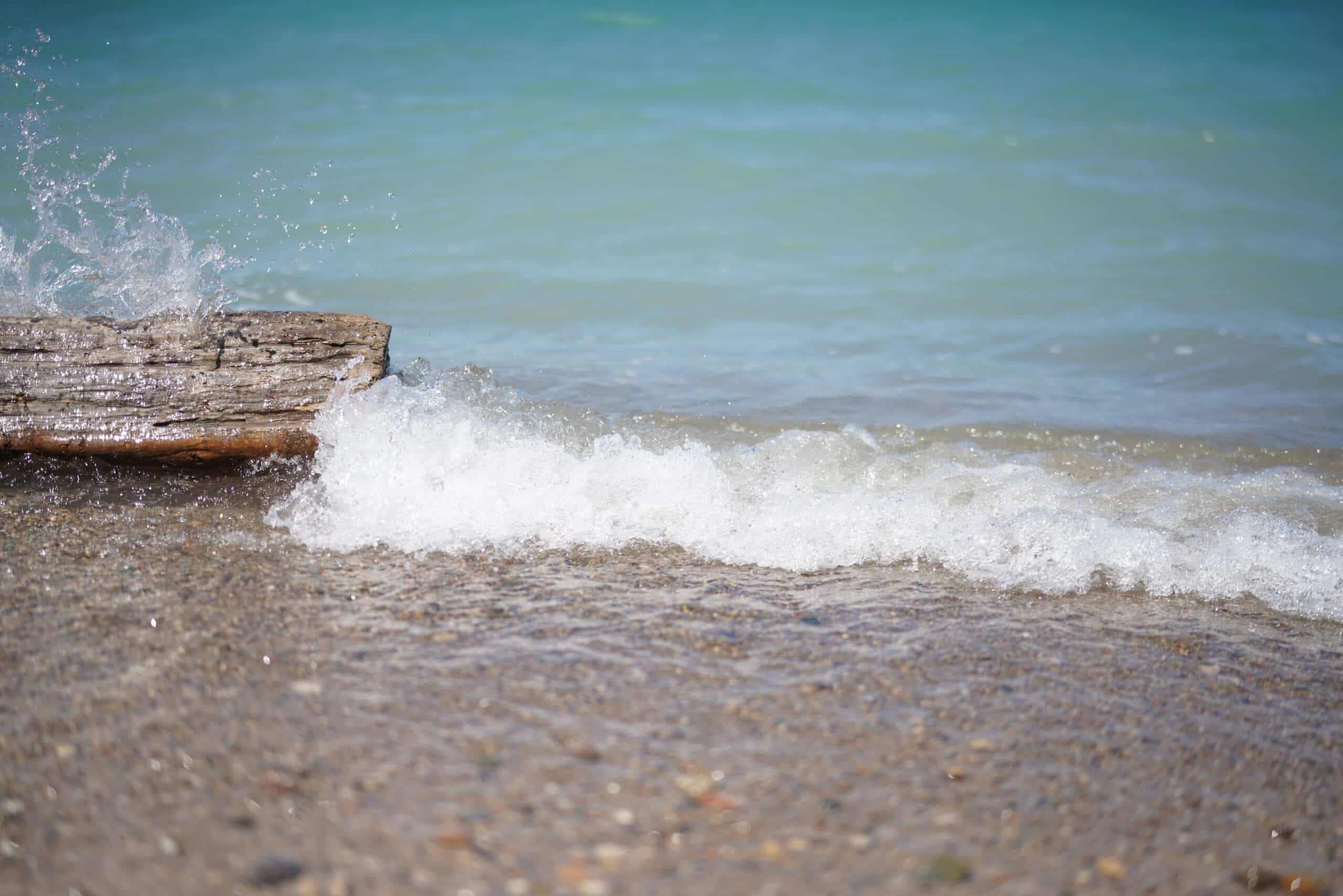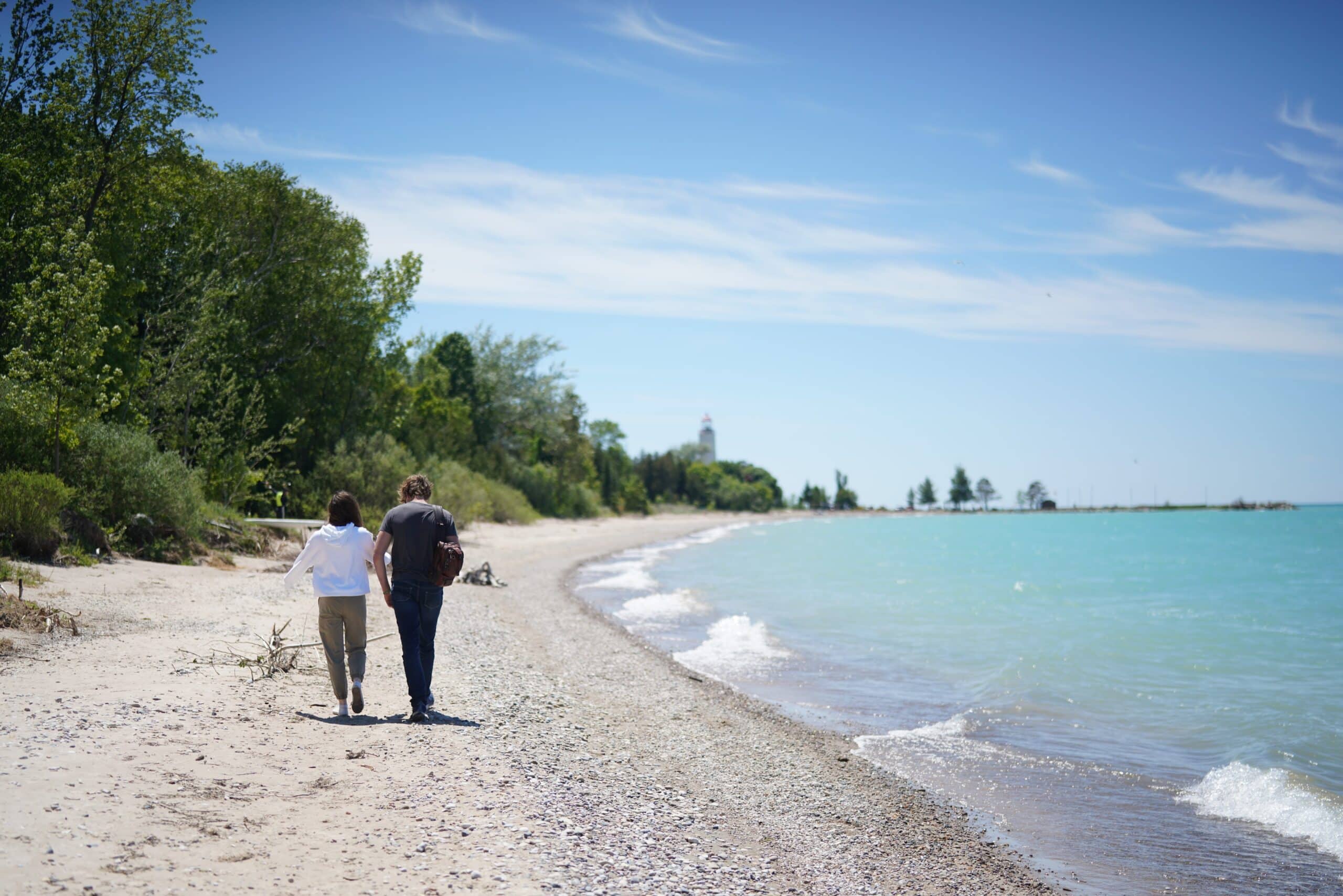One of the many things I appreciate about Dr. Lee Warren is that he helps me name and embrace the world’s immense sorrows as well as Christ’s incredible joys. Only someone who has experienced intense seasons of darkness, as Dr. Warren has, can speak with authenticity to both of those realities. As Dr. Warren reflects on the years-long healing journey he’s taken since his teenage son died, he reminds us that hope always has the final word. It’s a privilege to welcome Dr. Warren back to the front porch today….
The Atlantic coast is my favorite. I love the wild surf, great sand, plentiful shells, and perfect sunrises and sunsets.
But the water and the beach aren’t why the Atlantic is my favorite.
I love it because in 2010 we had one of our best family vacations there, on Kiawah Island in South Carolina. All but one of our kids went with us since this was before anyone was married and long before grandkids came along. My wife’s parents, Dennis and Patty, also came, and we rented a beautiful house on the water.
It turned out to be the last time we traveled anywhere with both my son, Mitch, and Lisa’s mom.
Mitch died of knife wounds in 2013, at the age of nineteen, and we lost Patty in January of 2018 after a devastatingly brief illness.
It was Christmas 2020 when Lisa and I realized we needed to take a breath. We’d had the stresses of moving four times in the previous four years, as well as the intensity of Patty’s diagnosis and death, our ongoing grief for Mitch, and the realities of Covid.
So when Lisa looked up from her iPad one evening and said, “It’s a miracle. The same house we stayed in at Kiawah is available for Christmas week,” we reserved the house and then called the kids to tell them about it.







Life got in the way and only half our kids and their families could come. Lisa’s dad also stayed home, wanting to hold on to the joyous memories of ten years before.
So we had the same huge house but only half the people.
You can’t navigate your life by trying to make every moment match some magical time in the past or by being too afraid to live it because of something that happened before.
Everywhere around the house, I could see and hear moments from the past—Here’s where Mitch, Josh, and I wrestled; here’s where Patty showed us all the seashells she’d found; there on the deck is where we took that crazy picture in the pool.
Then something remarkable happened as Lisa and I walked the beach late one day toward the end of the week: I decided to think about my memories instead of just remembering them.
I again realized something I’ve pondered a lot in the years since Mitch died: Memories often paint an imprecise picture of the past.
The truth is that the real events we remember are rarely exactly as we recall them. We tend to glorify and make perfect our good memories, and we magnify and sharpen our bad ones. This has to do with the neuroscience around how memories are stored, with painful things having a more powerful impact over pleasant things.
There’s a survival advantage to it, but it can make life hard to enjoy.
Why? Because, unless we’re aware of it, we often either continually compare today to some perfect, idealized past we can never match, or we constantly miss out on new opportunities for fear of something happening that we remember and don’t want to feel again.
But you can’t navigate your life by trying to make every moment match some magical time in the past or by being too afraid to live it because of something that happened before.
Hope says even though it’s dark, it’ll be light again soon.
I realized as we walked that evening that I thought I was walking where I’d been with Mitch, but that sand and that water have turned over countless times in the years since we were there together. And it all finally became clear to me: You can’t find closure by touching a beach or being in a place or reliving some experience; you have to change your mind about it.
The opposite is also true. You can’t find happiness or avoid more pain by refusing to revisit the sand you walked on before your loss.
With that clarity in my thinking, I took a deep breath of the salty air and admitted to myself that I’d come to Kiawah to try to reconnect to some previous version of my life when Mitch was happy and Patty was healthy, but neither one of them was there.










I sent my father-in-law, Dennis, a text message:
Dad, I figured something out. I thought coming here would heal a wound, and you thought it would open one. We were both wrong, because there are no old beaches. They refresh themselves with each high tide.
My son’s death would always be a thing in my life, but it could not be the thing.
We don’t have to live in “but” as long as we can hold on to “and.” That’s how we can find the new “okay,” and that’s how we can grab on to life again.
I could finally see how to square Jesus’s seemingly irreconcilable John 16:33 promise about life being hard with his John 10:10 insistence that He came here to give us an abundant life.
They square up because of hope.
Hope says even though it’s dark, it’ll be light again soon.
That day on the beach, the wind picked up and I pulled Lisa close. She laid her head on my shoulder, and we turned back toward the house.
Suddenly, Lisa straightened and pointed to the sand in front of us. She said, “Look! There’s Jase’s little footprints heading up to the boardwalk.”
It was getting dark, but as I followed her gaze to the footprints of our toddler grandson, I could clearly see for the first time in years.
There are no old beaches. Mitch’s footprints were all washed away from Kiawah Island, and yet we could still see Jase’s.
We don’t have to live in “but” as long as we can hold on to “and.”
That’s how we can find the new “okay,” and that’s how we can grab on to life again.
Lisa and I stepped onto the boardwalk to go to the house where the kids were waiting to watch a movie with us.
I took one last look back at the beach, and I was able to breathe in the air of how grateful I was to have had time with Mitch here in this hallowed place and for the thousands of other beautiful moments we shared in his tragically short life.
And for the first time since Mitch died, I felt truly happy that evening as the sun set over South Carolina.

I deeply appreciate this man, having read his first award-winning book, cover-to-cover: Lee Warren, M.D. is a brain surgeon, Iraq War veteran, podcaster, and award-winning author. In addition to his full-time practice as a neurosurgeon, Dr. Warren hosts a podcast exploring the complex interplay between faith and science in unlocking the secrets of the mind, body, and spirit for better living and for making sense of faith in difficult circumstances. He and his wife, Lisa, have four adult children and four grandchildren and live in North Platte, Nebraska.
Dr. Warren’s latest book, Hope Is the First Dose: A Treatment Plan for Recovering from Trauma, Tragedy, and Other Massive Things, is for anyone facing the hardest losses of life. He’s spent more than twenty years studying the best prescription for patients when surgery or medicine are no longer the answer. Reaching beyond platitudes, Dr. Warren speaks from his own seasons of grief and renewal to offer us hope for the abundant life Jesus promises and help us discover how to move forward through trauma or tragedy.
[ Our humble thanks to Waterbrook for their partnership in today’s devotional. ]







